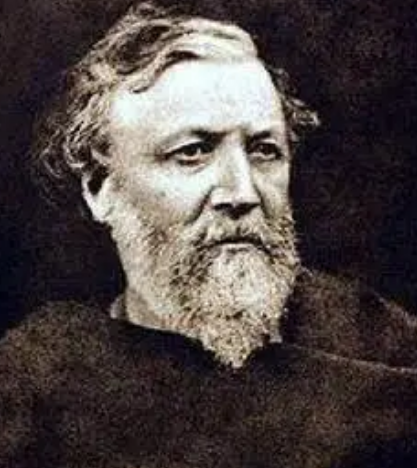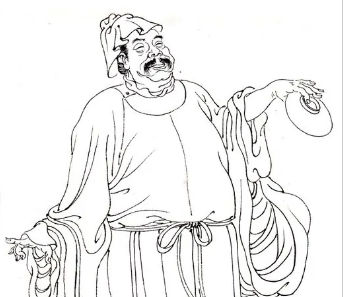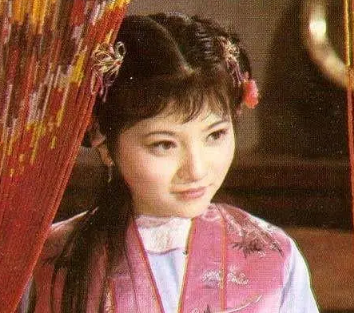The Song Dynasty (960-1279 AD) was a prosperous period in Chinese history, achieving high achievements in science and technology, culture, economy and other aspects. However, in this prosperous era, there was a puzzling phenomenon - not sending children to the imperial examination. This article will explore the reasons for the phenomenon of not sending children to the imperial examination in the Song Dynasty and its impact on society.

I. Reasons for the Phenomenon of Not Sending Children to the Imperial Examination
1. Flaws in the Imperial Examination System
The Song Dynasty implemented the imperial examination system to select officials, which guaranteed the quality of officials to some extent, but there were also some problems. The competition for the imperial examination was fierce, and candidates needed to spend a lot of time and energy preparing, which made many families unable to bear this pressure. In addition, the content of the imperial examination was biased towards literature, history, and classics, with insufficient investigation of practical abilities, leading to some talented people being unable to enter the officialdom through the imperial examination. These problems made many families unwilling to let their children participate in the imperial examination, thus leading to the phenomenon of not sending children to the imperial examination.
2. The Impact of Social Atmosphere
The social atmosphere of the Song Dynasty emphasized lineage and family background, and many people believed that only those born into prominent families were qualified to hold high positions. This concept led to discrimination against the imperial examination in society, making many families unwilling to let their children participate in the imperial examination. At the same time, the social atmosphere of the Song Dynasty also emphasized hedonism, and many people pursued material enjoyment and were unwilling to make hard efforts for the imperial examination. These factors together led to the emergence of the phenomenon of not sending children to the imperial examination.
II. The Impact of the Phenomenon of Not Sending Children to the Imperial Examination
1. Brain Drain
The phenomenon of not sending children to the imperial examination led to many talented people being unable to enter the officialdom through the imperial examination, which caused great losses to the country's talent pool. These talents may have made greater contributions to the country's development if they could have entered the officialdom. Therefore, the phenomenon of not sending children to the imperial examination had a certain negative impact on the prosperity and development of the Song Dynasty.
2. Intensification of Social Contradictions
The phenomenon of not sending children to the imperial examination made many families dissatisfied and resistant to the imperial examination system, which intensified social contradictions. At the same time, the phenomenon of not sending children to the imperial examination also led to discrimination against those who became officials through the imperial examination, making their status in society questioned. These issues affected social stability and harmony to some extent.
In conclusion, the phenomenon of not sending children to the imperial examination in the Song Dynasty was a complex social phenomenon, and its reasons and impacts deserve our deep research and reflection. Through the analysis of this phenomenon, we can better understand the historical background and cultural characteristics of the Song Dynasty society, providing reference and inspiration for our social development today.
Disclaimer: The above content is sourced from the internet and the copyright belongs to the original author. If there is any infringement of your original copyright, please inform us and we will delete the relevant content as soon as possible.
































